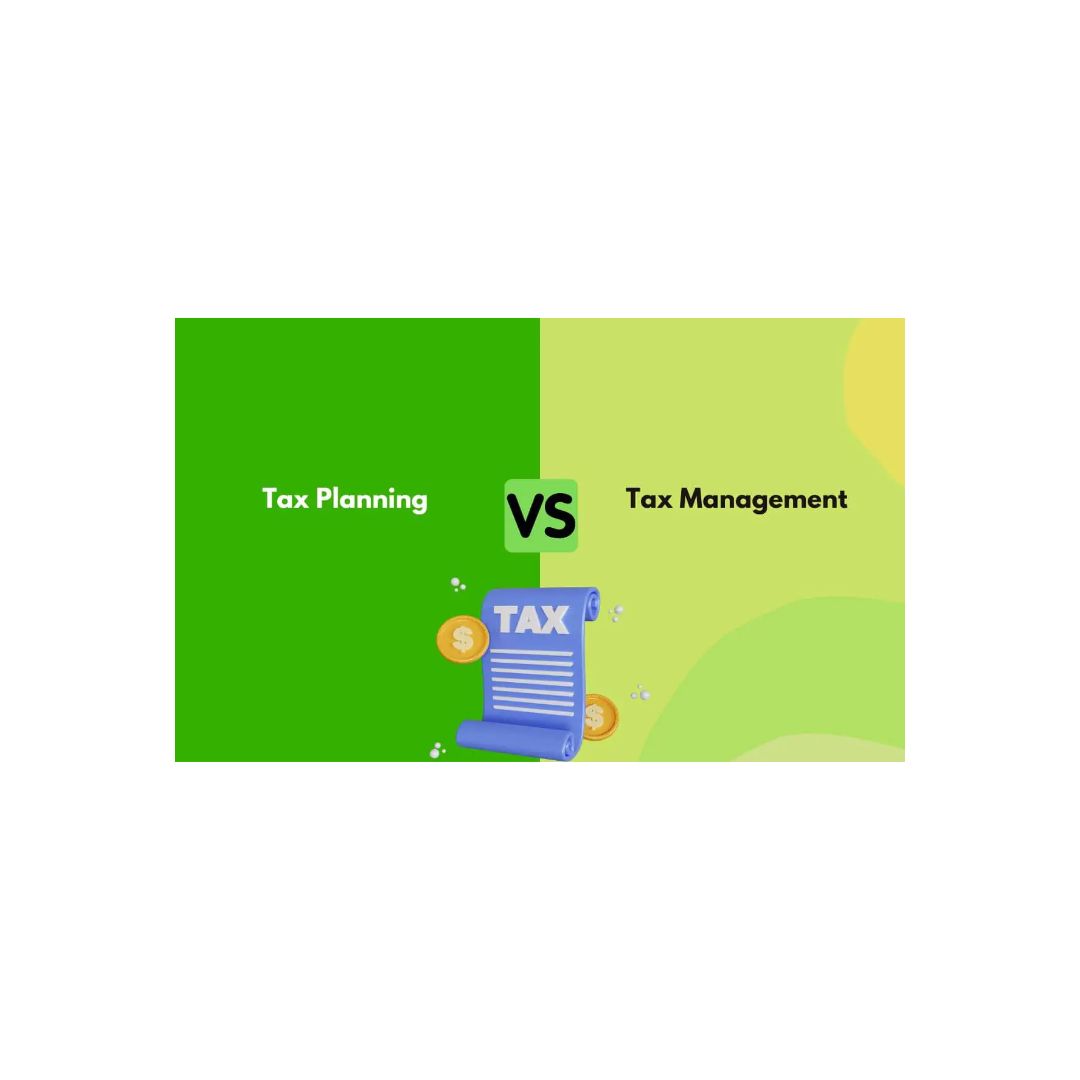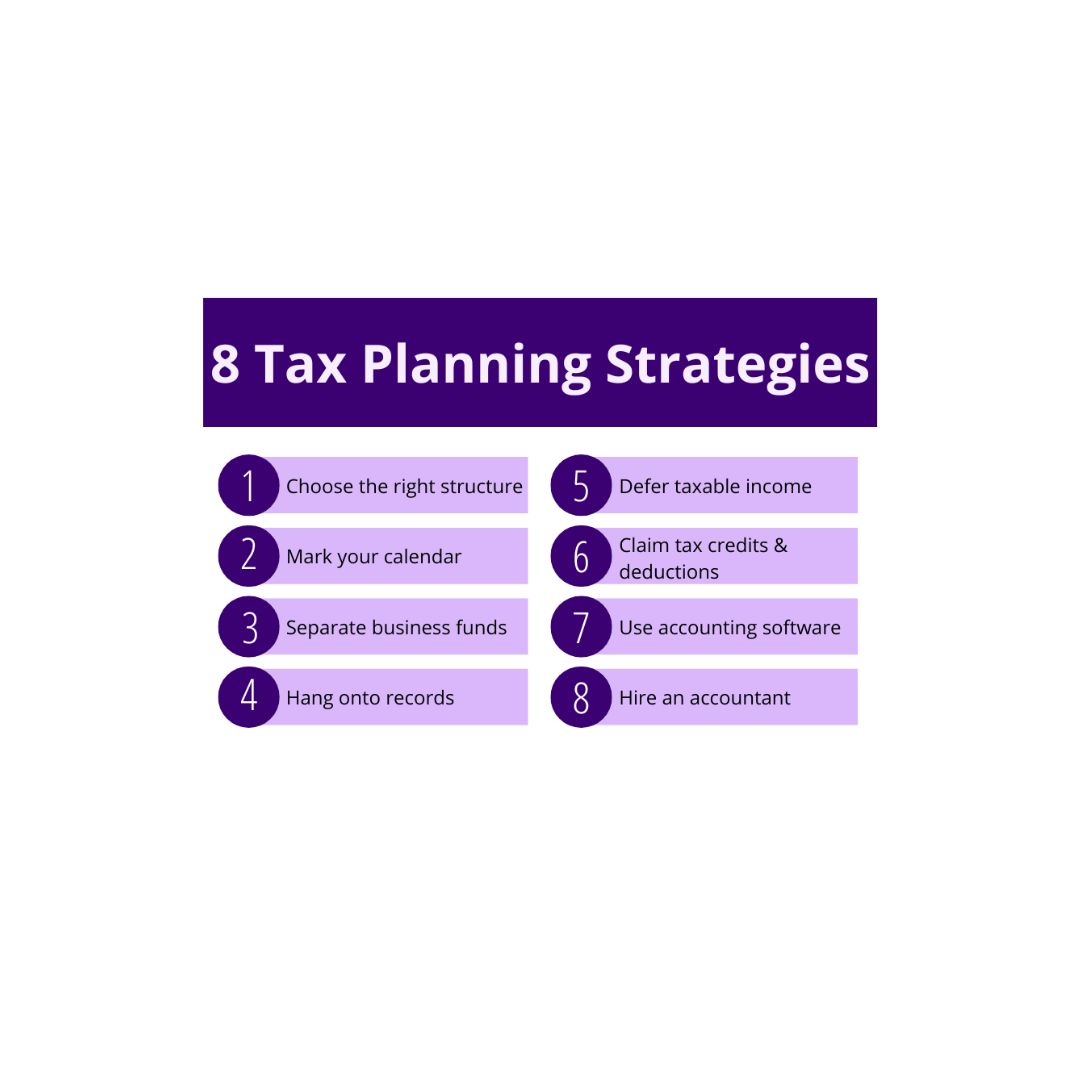What is the difference between Tax planning and Tax management?
User Intent Many individuals and businesses struggle to understand the difference between tax planning and tax management. While both aim to optimize tax liabilities, they serve distinct purposes. This article will clarify the key differences, applications, benefits, and limitations of tax planning and tax management. Introduction Taxes are an inevitable part of financial… Read More »









